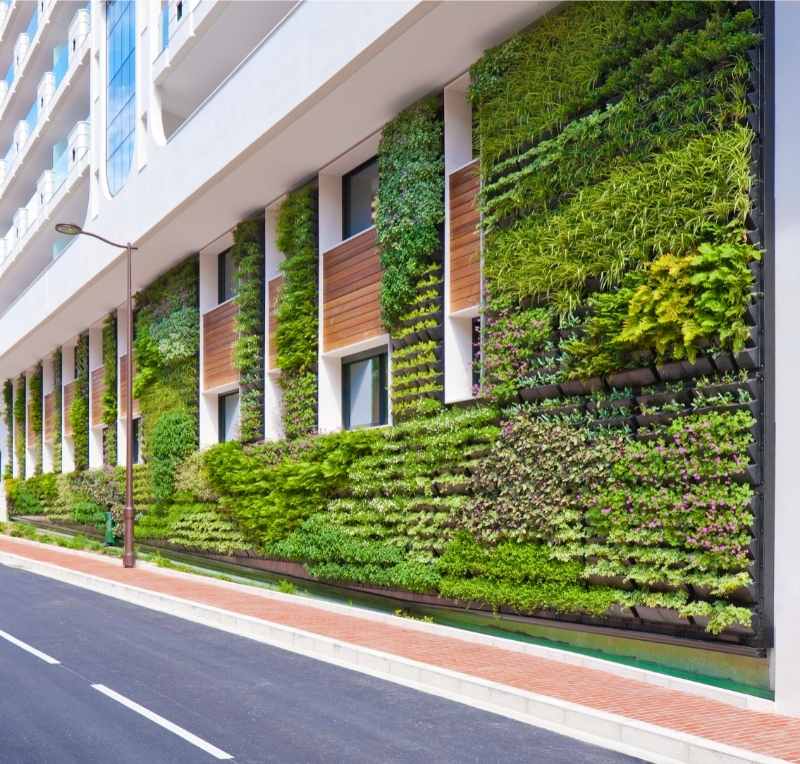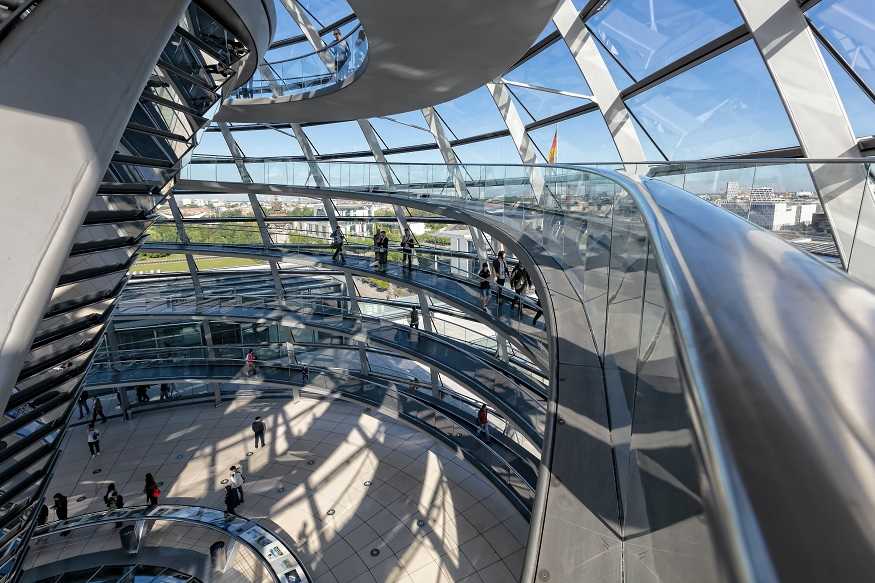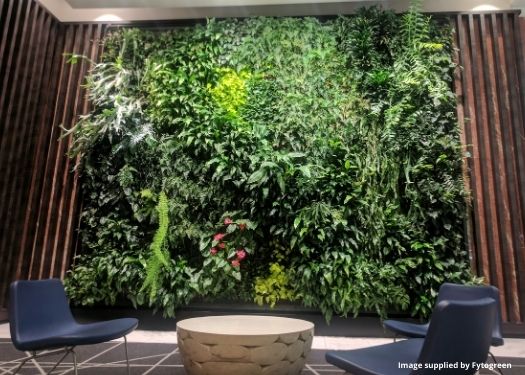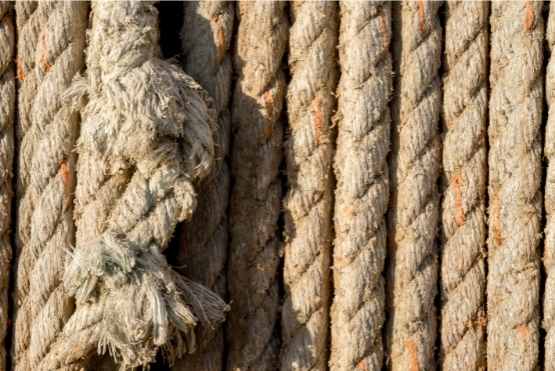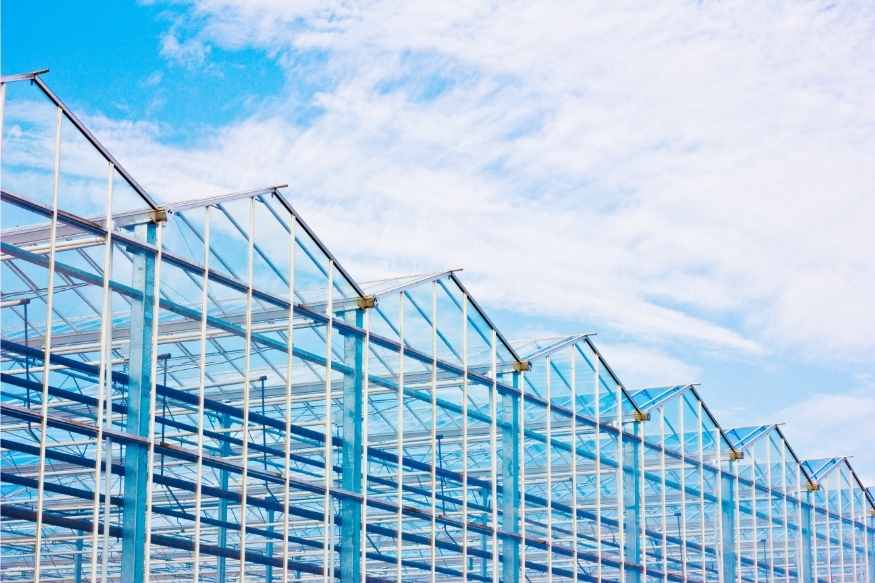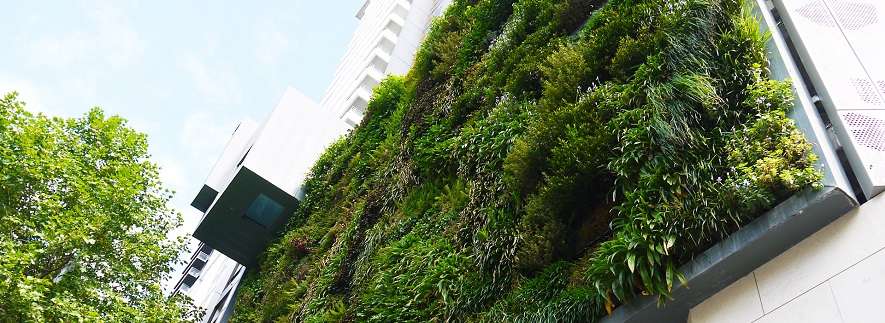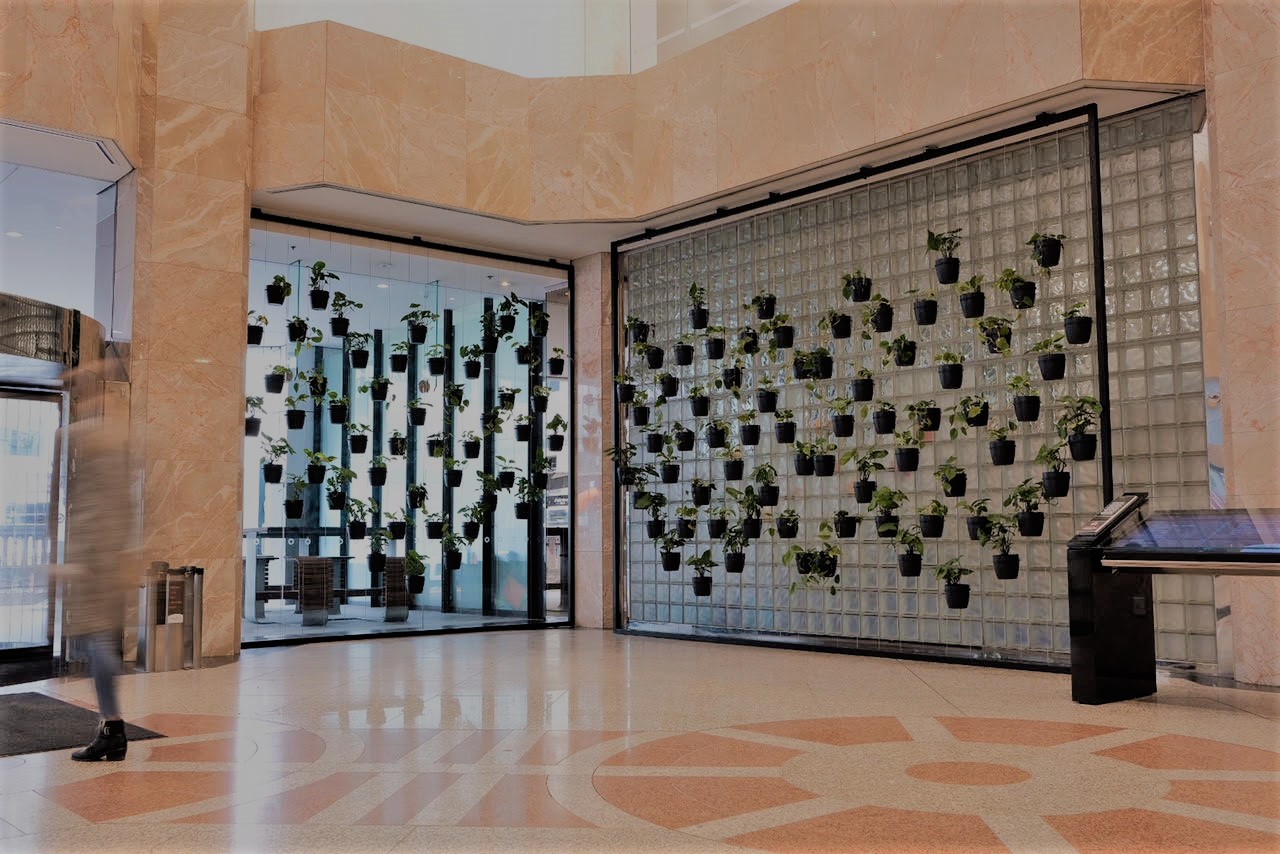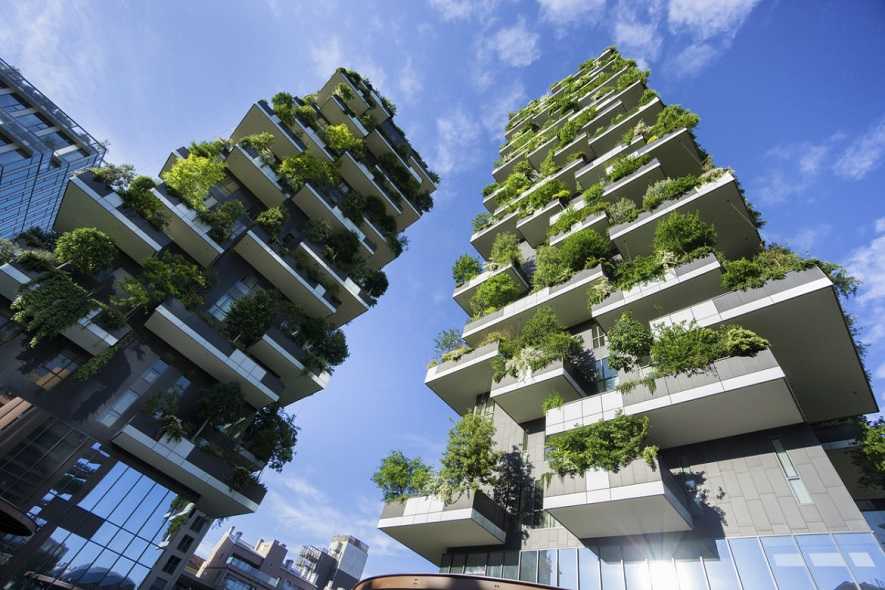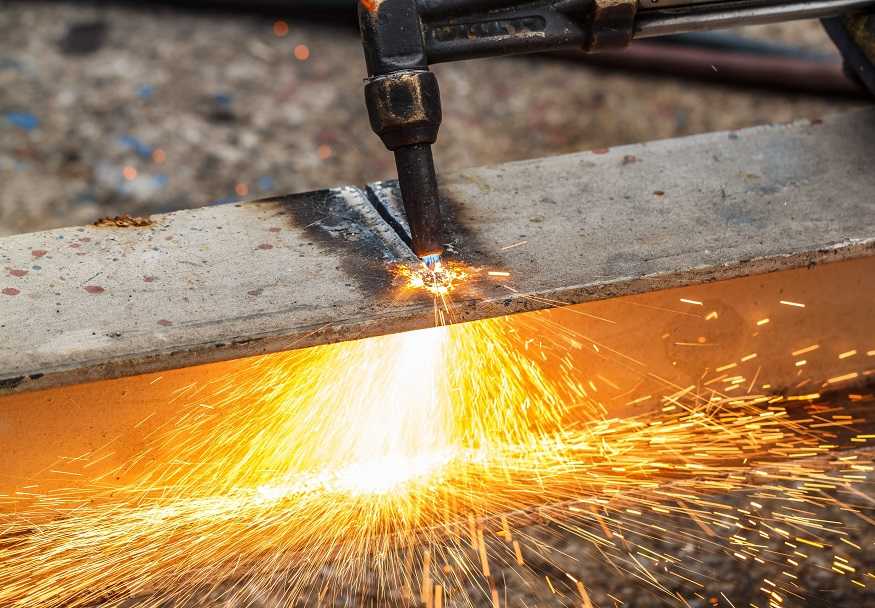Are green walls ecologically sustainable?
As the name might suggest, a green wall brings much more than great aesthetics. Green walls can result in many benefits for the environment, and they are ecologically sustainable. Green walls encompass a wide range of indoor and outdoor green solutions on vertical structures, including vertical gardens, green facades, stacked plant walls, roof gardens, arbours, and planter boxes with trailing
Read moreWhat is the best stainless steel grade for balustrades?
Stainless steel is a great choice for outdoor balustrades and railings of all kinds. Architectural steel has superior strength that guarantees reliable performance and stainless steel is also a material that lends itself to a variety of aesthetic approaches. The main benefits, however, is its durability and corrosion resistance, making it an extremely cost-effective option in the medium and longer-term.
Read moreHow long does a living wall last?
Living walls all have a lifespan and it’s important to be realistic about the expectations you have relating to plant life. No matter how much care you take to maintain and care for your living wall, there are very few plants that can survive in a constricted space forever. Most living wall structures feature some sort of container and even
Read moreHow strong is spliced rope?
You may have come across the term “splicing”, particularly if you work in the marine sector. Splicing is a term used to describe the joining together of two ends of a rope without using a knot. This is achieved by interweaving their strands to form a loop or stopper, or to join two ropes together. At SRS Group, we have
Read moreWhy stainless steel fabrication is important
Stainless steel fabrication plays an important role in nearly all sectors of industry today. From skyscrapers to shopping malls to home renovation projects, stainless steel plays an essential role as it can be fabricated into any desired shape or design depending on the application. Stainless steel is an ideal material for structural fabrication. It is both extremely flexible, but also
Read moreWhat is metal fabrication? Process and Applications
Metal fabrication is the process of creating an end product from raw metal materials. The process includes cutting, burning, welding, machining, forming, and assembly to create the final product. SRS has fast become one of New Zealand’s most trusted high-end metal fabricators, and it’s our end-to-end service that makes us such a great option for all your metal fabrication needs.
Read moreHow to bring colour to your garden with a living...
Living walls are one of the hottest gardening trends around the world right now. Not only do they offer a wide range of benefits, but they also help to bring your garden to life, adding colour to dull, plain spaces. As well as being deployed by commercial buildings, both inside and out, there is now a growing trend for people
Read moreHow to maintain living walls
Living walls are a great addition to any building, commercial or residential. They come packed with a host of benefits including purifying the air, reducing ambient noise inside and out, increasing productivity and reducing sick days to name just a few. Living walls come in all sorts of shapes and sizes and can be constructed to fit a wide range
Read moreCO2 removal by living walls – some key facts
We have talked a lot about the many benefits provided by living walls. From providing insulation to increasing productivity, a living wall, or green wall as they are sometimes referred to, can provide an office or home with a number of benefits which is great for you as a homeowner or a business owner, however, perhaps the greatest benefit of
Read moreTypes of metal fabrication processes
Metal fabrication is a broad term referring to any process that cuts, shapes, or moulds metal material into a final product. From appliances and light fixtures to desk tools, chairs, and utensils, metal is the stabilising element that makes all of today’s conveniences possible. There are many different metal fabrication processes and the process used depends on both the beginning
Read more
